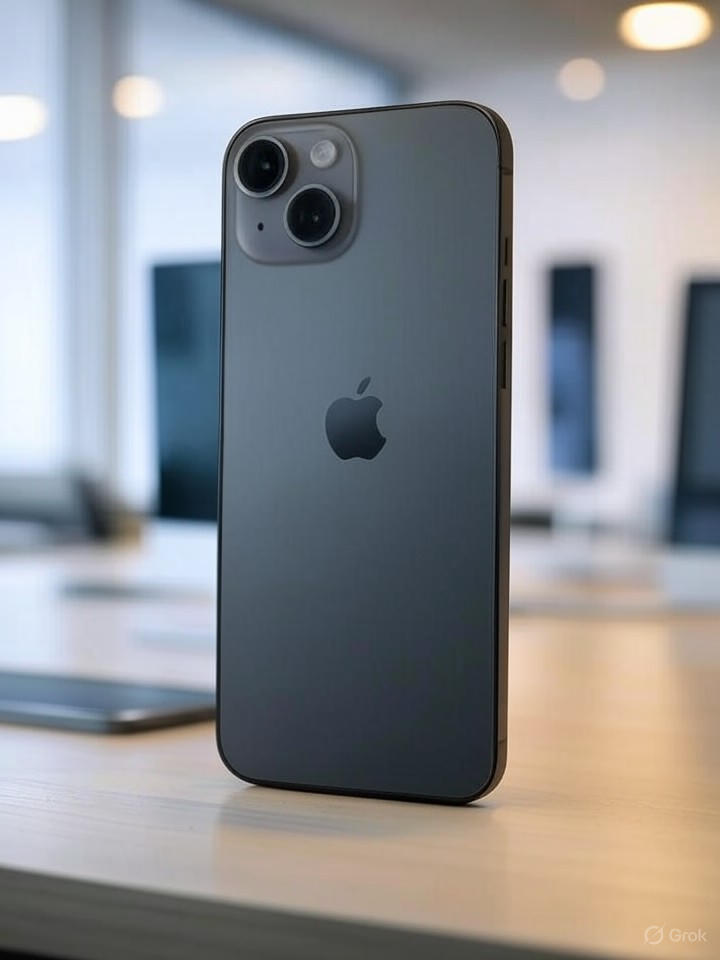Apple is subtly redefining its approach to the iPhone, moving away from annual hardware spectacles towards a strategy deeply rooted in incremental enhancements and ecosystem loyalty. This significant shift, exemplified by models like the iPhone 16e, highlights a mature market focus where sustained user engagement, driven by software and services, takes precedence over dramatic overhauls.
The iPhone 16e stands as a prime illustration of this refined strategy, designed as an accessible gateway into Apple’s premium ecosystem. Integrating advanced features such as Apple Intelligence and improved battery life, it signals Apple’s intent to broaden its user base by offering compelling value without the traditional fanfare of past flagship launches.
This strategic pivot arrives amidst a maturing global smartphone market, where consumers are increasingly holding onto their devices for longer periods. Industry observers underscore that Apple’s new emphasis lies on continuous software updates and seamless service integrations, leveraging these to encourage Smartphone Upgrades rather than solely relying on revolutionary hardware changes.
A cornerstone of this evolving tactic is the widespread integration of AI capabilities across the iPhone 16 series. Features powered by Apple Intelligence are crafted to create a powerful “pull” effect, compelling users to upgrade to access smarter interactions, from enhanced Siri responses to automated photo editing, thereby enhancing daily usability and reinforcing the Apple ecosystem.
While initial reports suggested slightly lower orders for the Apple iPhone 16 compared to its predecessor, the long-term vision is anchored in gradual adoption. Noted analysts, including Ming-Chi Kuo, indicate that Apple does not anticipate a “super cycle” of immediate upgrades but rather a steady, organic growth as users progressively experience the practical benefits through continuous iOS advancements.
Apple has also demonstrated adept localized tactics, particularly in markets like China, where overall smartphone sales have faced headwinds. Strategic pricing and targeted subsidies for the iPhone 16 lineup have contributed to rare growth, showcasing how the company blends affordability with premium features to capture a wider array of Consumer Loyalty, especially among budget-conscious buyers.
The iPhone 16e, often perceived as a more budget-friendly variant, is a critical component of this Tech Innovation. It democratizes high-end elements like Face ID and the Action button by bringing them to a lower price point. Beyond unit sales, this model is a strategic tool to entrench users into lucrative services such as Apple Music and iCloud, securing stable and recurring revenue streams for the company.
Critics suggest this marks the “end of the smartphone upgrades” era, where groundbreaking hardware leaps were the norm. However, Apple’s Ecosystem Strategy ensures enduring Consumer Loyalty through ongoing software evolution, extending this philosophy beyond iPhones to products like the rumored updated Apple TV 4K with similar AI integrations.
Wall Street analysts maintain cautious optimism, with some foreseeing a delayed, AI-driven upgrade cycle. Despite initial preorder softness reported by some, the broader sentiment predicts recovery as these intelligent features mature and resonate with users. Ultimately, Apple’s refined Ecosystem Strategy for the iPhone 16 series signifies a new, mature phase for the company, poised to redefine success metrics by prioritizing user retention and service monetization over sheer unit sales in a saturated global market.






Leave a Reply